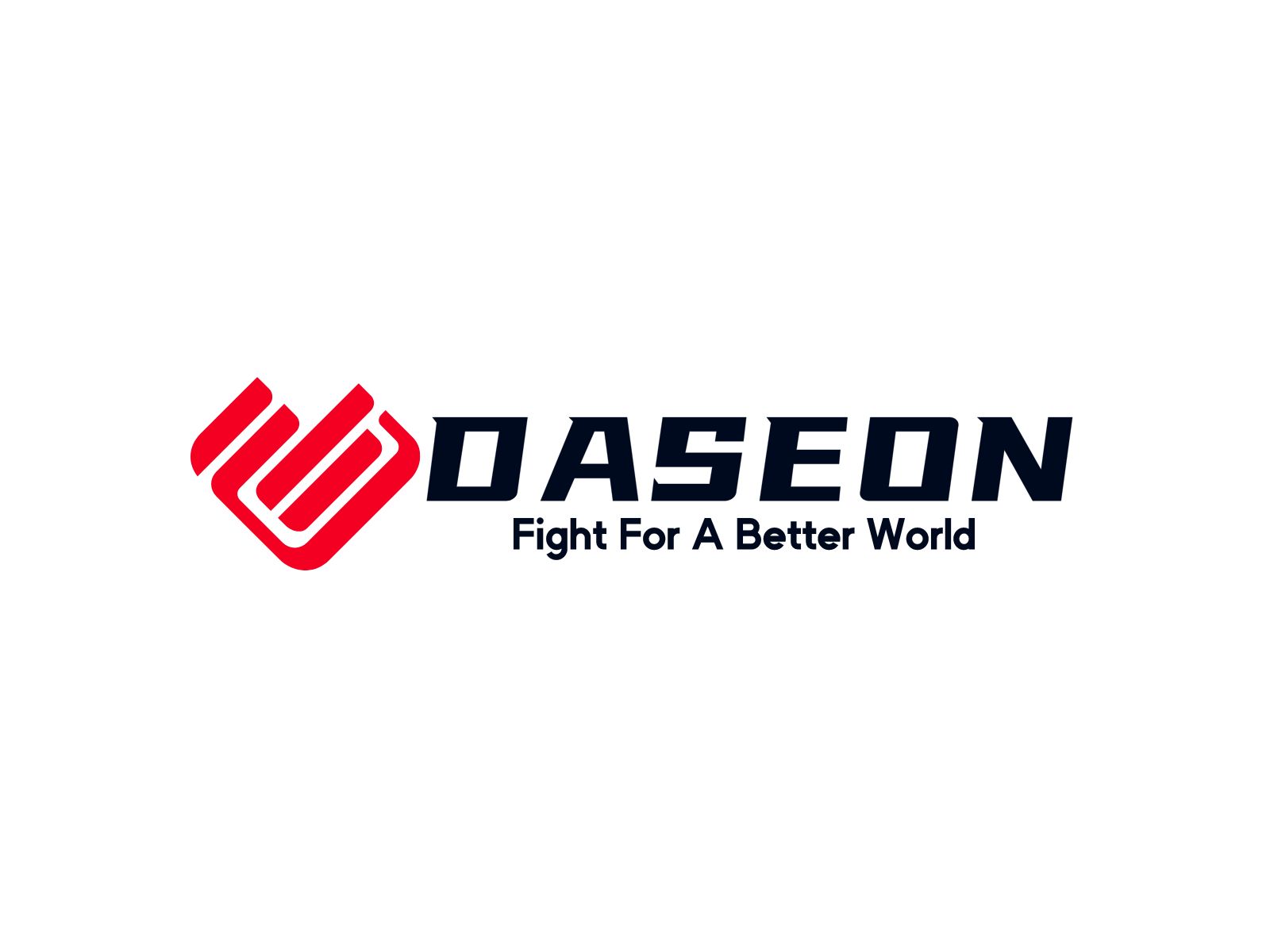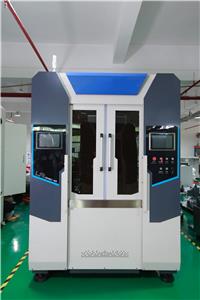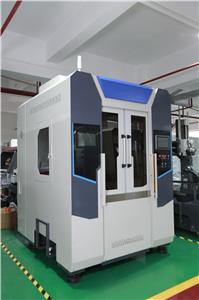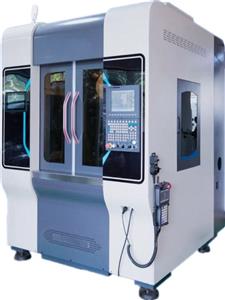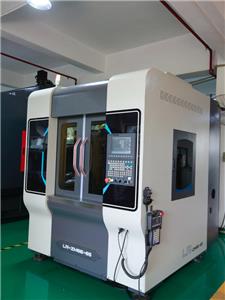- Home
- >
- News
- >
- Technical Insights
- >
- Magnesium Motor Housing Design: Managing Thermal Expansion and Dimensional Stability
Magnesium Motor Housing Design: Managing Thermal Expansion and Dimensional Stability
As the New Energy Vehicle (NEV) industry accelerates, lightweighting has become a core strategy for enhancing efficiency. This has driven the widespread adoption of magnesium alloys for key components like the Magnesium Motor Housing. While offering significant weight advantages, magnesium's unique physical properties present serious challenges to the entire manufacturing and assembly chain. The most critical, yet often overlooked, of these is the issue of Dimensional Stability caused by thermal expansion.
This article provides an in-depth analysis of why temperature control is a crucial, end-to-end consideration for every Magnesium Motor Housing.
I. The Root of the Problem: A Mismatch in the Coefficient of Thermal Expansion (CTE)
To understand the importance of temperature control, one must first understand a key physical property: the Coefficient of Thermal Expansion (CTE), which describes how much a material expands or contracts with temperature changes. A significant mismatch exists between the magnesium alloy and its protective coating:
--Magnesium Alloy (e.g., AZ91D): Has a relatively high CTE of approximately 26-27 x 10⁻⁶/K at ambient temperatures. This means it expands and contracts significantly with temperature fluctuations.
--Micro-Arc Oxidation (MAO) Ceramic Layer: As a ceramic coating, it has a very low CTE, typically in the range of 5-10 x 10⁻⁶/K.
The core conflict is that the magnesium base metal expands and contracts three to five times more than its ceramic surface layer. This mismatch is the fundamental source of Thermal Stress, creating challenges throughout the component's lifecycle.
II. Challenges in the Production Cycle
Uncontrolled temperature at any production stage can compromise the part's precision.
--Die Casting: As the part cools from a mold temperature of 200-300°C to room temperature, it undergoes significant shrinkage. Uneven cooling can lead to warpage and internal Thermal Stress, affecting the initial Dimensional Stability of the raw casting.
--Precision Machining: Machining generates heat. Without sufficient and stable coolant, localized heating causes the part to expand during the process. After the part cools, the final dimensions may fall outside the required tolerance.
--Micro-Arc Oxidation (MAO): The CTE mismatch is most pronounced here. During the heating and cooling of the MAO process, the differential expansion between the substrate and the coating creates immense Thermal Stress at the interface. This can lead to micro-cracks in the ceramic layer or even delamination, severely compromising its anti-corrosion properties.
III. Challenges in Assembly and Operation
Even a perfectly manufactured housing can fail if temperature is not managed during assembly and final operation.
--Bearing Assembly: The bearing bores of a Magnesium Motor Housing are critical to its function. If a cool steel bearing is press-fit into a warm housing, the interference fit will be incorrect. Once the assembly reaches thermal equilibrium, the fit could become too loose or too tight, directly impacting the precision and noise of the drive system.
--Operating Conditions: The New Energy Vehicle Motor generates significant heat during operation, causing the housing to expand. The large difference between the Coefficient of Thermal Expansion of magnesium (≈26) and that of steel components like bearings and shafts (≈12) must be accounted for in the design phase. If not properly managed, this differential expansion can lead to:
*Changes in bearing preload, causing overheating or vibration.
*Alterations in the rotor-stator air gap, affecting motor efficiency.
*A loss of clamping force in connecting bolts, compromising structural reliability.
Conclusion
For high-performance components like the Magnesium Motor Housing, temperature is not a mere environmental variable; it is a core process parameter that must be precisely managed at every stage, from design and die casting to machining, surface treatment, and final assembly. A deep understanding of the Coefficient of Thermal Expansion and a holistic strategy to control Thermal Stress are essential for guaranteeing the Dimensional Stability and long-term reliability of the final product, ensuring the success of the New Energy Vehicle Motor system.
